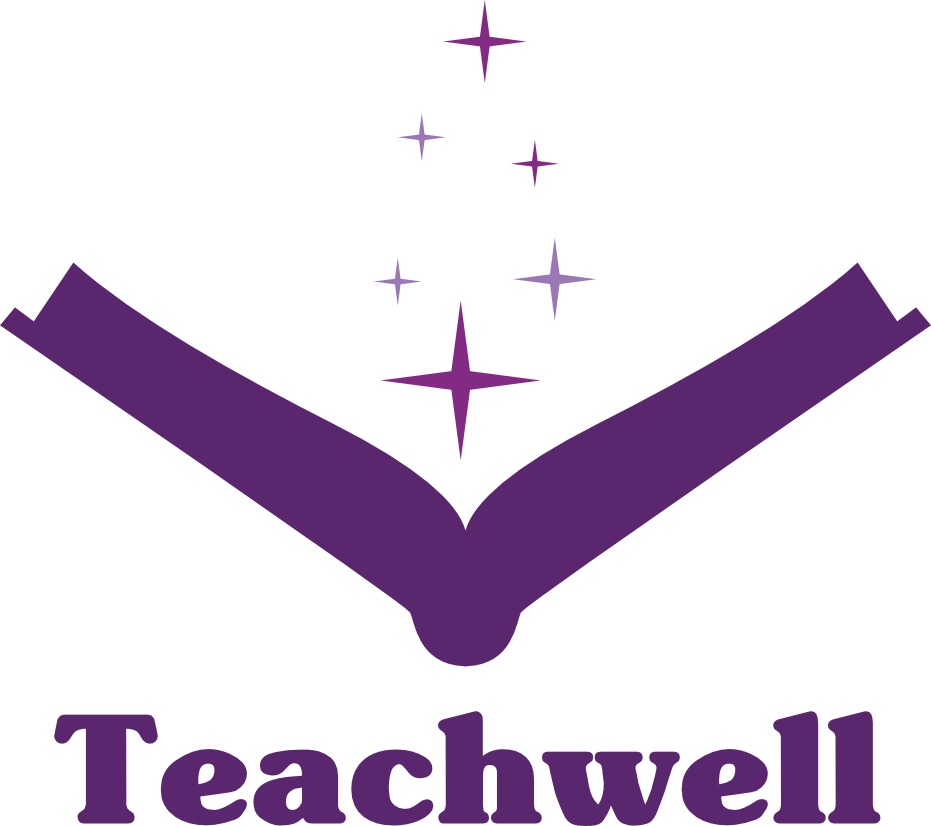Private Schools, Parents and Progressives: Why the Judgement?
School Swap on ITV got me thinking again about two Secret Teacher articles in the Guardian that I read over the summer, both of which were critical of parents of privately educated children. See here and here.
Later in the summer, I saw this in my twitter feed from the US which refutes similar articles over the pond.
What’s with this concern about privately educated children? Also, don’t these arguments seem very familiar?
Personally I am have mixed feelings about private schools.
In theory I should be against them as I think there should be a level playing field for all.
On the other hand, my mother stated she would have happily sent us to one, if they had had the money!
My cousins in India have attended private schools. Admittedly the system is different there and it is the norm to pay for the education you can afford.
Back over here, the other half went to private school in Ireland.
In the end, cultural capital will be there regardless for privately educated children, as it is in the state system for the middle classes. Tinkering with structures alone is not going to change this state of affairs.
The criticisms are as follows:
- Privately educated children have too much pressure on them.
- They are not enjoying their childhood due to all the stress.
- They do too many after school activities.
- Parents of privately educated children push them too much.
- The children are assumed to be unhappy.
What is the solution? Funny you should ask that because it would appear to be the progressive favourites including:
- children should not do extra activities but enjoy their childhood,
- they should be doing things that ‘normal’ children do,
- they should not try to excel at their age (whatever the age maybe).
I’m sorry but I am smelling a rat here – poor parenting needs to be counteracted by progressive education. I have heard these arguments before – it’s why poor children need progressive education as well.
So what’s my beef?
Firstly, if the two who wrote the articles had such moral problems with the set up (tutoring and teaching at a private school) then why take the employment? Bitching about one’s boss is all very well but doing it by implying they are bad parents is deplorable even though they have been concerned but the child does not agree.
Secondly, it is Secret Teacher and I am wondering to what extend these posts have been exaggerated for effect.Casually equating sending children to after school activities as a denying them a childhood is based on a whole series of assumptions, including there is one type of childhood that all children should have and we can measure against this.
Thirdly, some children struggle with exams and it causes them stress but it is always dismissed that some don’t at all and some positively relish them. All children are different. So what is the extent of the problem? Too often articles bandy around figures but, for example when Child line’s latest figures are examined more closely, the percentages are miniscule. I will go through the figures in my next blog (so as not to take up space here). This is typically sensationalist use of percentages and figures to obscure the real extent of the problem so that those who are ideologically committed to oppose tests have a basis to do so. This opposition to testing is another way of getting at those schools that do well in tests and dismissing the type of education that is received (much of it traditional). See what has happened there?
Last but not least, it is the adults here who seem to have a real issue. In the first article the tutor admitted to the fact that the child was happy, except on one occasion before an exam – has none of us ever had a wobble before doing something we were ok with in the end? In fact the child’s happiness seemed an affront to this tutor’s idea of what a childhood should be in the first place. The second teacher was even more worrying with her refrain that as a result of her feeling the pressure, the children must also feel it. Surely someone needs to point out that ones feelings are not the same as others…this is typical of an immature adult who conflates their emotions with their children (or in this case pupils).
Maybe just maybe these children instead of fixating on staying put as a 3-year-old have actually matured year on year and are… well living their lives in an age-appropriate way… Like many of us, they have been allowed to develop from children to young adults to adults (a biologically pre-determined set of events that all teachers should surely know about and accept as fact) and along the way they are coping with different pressures and stresses.
I am sure for some the stress is too much and we should certainly be watching out for it and helping when needed. However, we need to shift our attention away from keeping children as children. Part of childhood is growing and developing, physically, psychologically, emotionally, morally, spiritually, culturally and socially. To keep children in an infantile state for the gratification of adults is a gross abuse of our responsibility towards the younger generation.
If we don’t want to grow up fine, if we struggled with exams and pressure – then by all means find solutions for those who do. However, if you can’t keep envy, need for control and a lack of maturity at bay then maybe taking such responsible positions isn’t for you. It isn’t private school’s that should change, it is probably you.
As for private school parents – if you are per chance reading this – ignore the progressives – they just don’t like anyone succeeding for whatever reason it seems.



